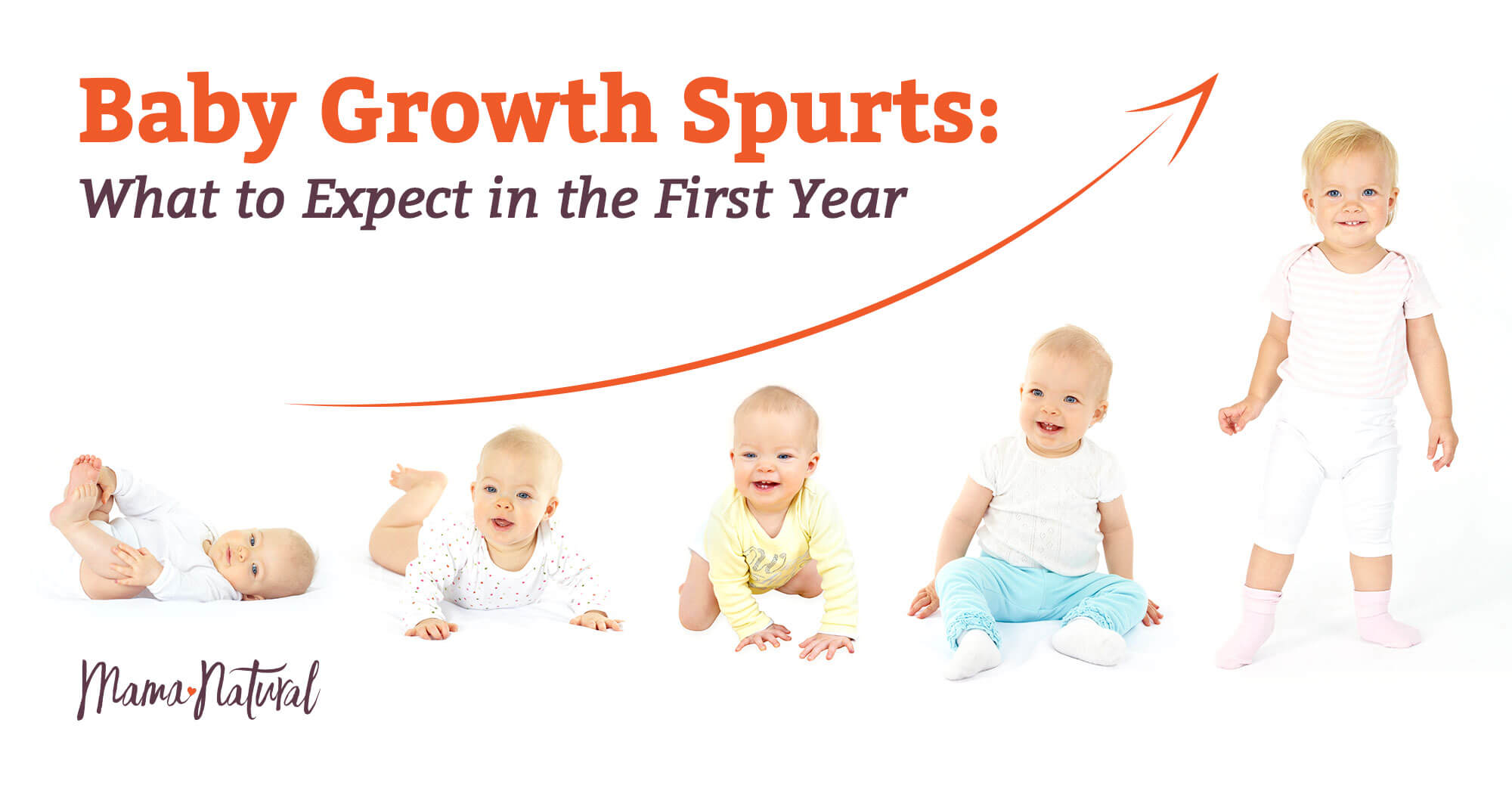
Table of Contents
Introduction
Bringing a baby into the world is an exciting time. From the moment of conception to the first few years of life, babies undergo incredible growth and development. Understanding the different stages of growth can help parents and caregivers provide the best care for their little ones.
Conception and Pregnancy
The growth of a baby begins at conception, when an egg is fertilized by a sperm. From there, the fertilized egg travels through the fallopian tube and implants in the uterus, where it begins to grow and develop.

During pregnancy, the baby grows and develops rapidly. By the end of the first trimester, the baby’s major organs and body systems have formed. In the second trimester, the baby’s movements can be felt and they begin to develop their senses.
In the third trimester, the baby continues to grow and prepare for birth. They gain weight, develop a layer of fat to regulate their body temperature, and practice breathing movements.

Birth and Infancy
After nine months of growth and development, the baby is ready to be born. The first year of life is a time of rapid growth and development. Babies double their birth weight by about six months and triple it by their first birthday.

During infancy, babies develop their motor skills, learning to roll over, sit up, crawl, and eventually walk. They also develop their cognitive skills, learning to recognize faces and objects and communicate through babbling and gestures.
Toddlerhood
As babies enter toddlerhood, they continue to grow and develop at a rapid pace. They become more independent, learning to feed themselves, dress themselves, and use the toilet.

Toddlers also develop their language skills, learning new words and beginning to form sentences. They become more social, enjoying play with other children and developing a sense of empathy.
Conclusion
The growth of a baby from conception to toddlerhood is an incredible journey. As parents and caregivers, it’s important to provide a nurturing and supportive environment to help babies reach their full potential.
Frequently Asked Questions
What factors can affect a baby’s growth and development?
Factors such as genetics, nutrition, environment, and medical conditions can all affect a baby’s growth and development.
How can I promote healthy growth and development for my baby?
Providing a safe and nurturing environment, offering healthy foods and regular physical activity, and engaging in positive social interactions can all promote healthy growth and development for babies.
What are some developmental milestones I should watch for in my baby?
Developmental milestones include rolling over, sitting up, crawling, walking, talking, and socializing with others. Talk to your pediatrician if you have concerns about your child’s development.
When should I seek medical attention for my baby’s growth and development?
If you notice any delays or abnormalities in your baby’s growth or development, or if you have concerns about their health or well-being, talk to your pediatrician or healthcare provider.
What resources are available to support parents and caregivers in promoting healthy growth and development?
There are many resources available, including parenting classes, support groups, and online resources such as the Centers for Disease Control and Prevention’s “Learn the Signs. Act Early.” program.
